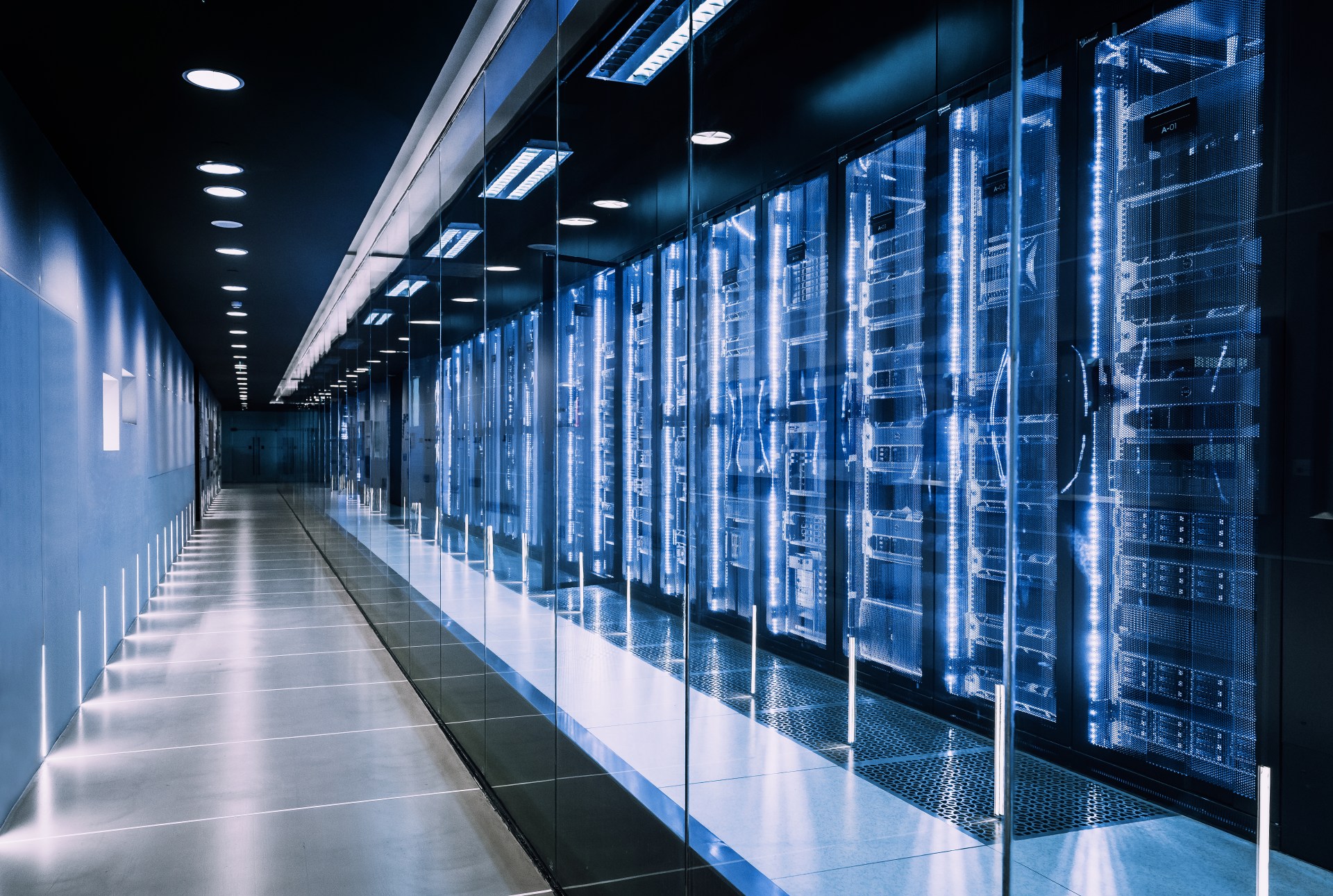A carrier hotel data center is a large-scale facility that provides colocation services to multiple telecommunications carriers and other businesses requiring high-bandwidth connectivity. It serves as a hub for internet traffic exchange and provides a centralized location for network interconnections between different service providers.
The basics of a carrier hotel data center
The facilities of a carrier hotel data center typically consist of one or more large buildings or floors of a building, with thousands of square feet of available space for server cabinets, network equipment, and other computing resources. Carrier hotels are built to offer a high level of redundancy, scalability, and flexibility to meet the needs of businesses with varying levels of IT infrastructure requirements.
Carrier hotels typically feature multiple power and cooling systems to ensure the continuous operation of IT equipment. This includes backup generators, uninterruptible power supply (UPS) systems, and redundant cooling systems to maintain the temperature and humidity levels within the data center. Carrier hotels also have multiple fiber-optic connections from different service providers to ensure redundancy and high-speed connectivity for data transmission.
Physical security is also a critical component of a carrier hotel data center. They typically have multiple layers of security, including 24/7 monitoring, biometric authentication, video surveillance, and access control systems to ensure that only authorized personnel can enter the facility.
Services provided by a carrier hotel data center
Carrier hotel data centers provide colocation services to businesses that require high-bandwidth connectivity and reliable infrastructure for their IT operations. Some of the key services offered by carrier hotels include:
Colocation: Carrier hotels offer secure space and infrastructure to house IT equipment, including server cabinets, network equipment, and storage devices. Colocation services allow businesses to reduce their capital expenditures by outsourcing their IT infrastructure needs, while still maintaining full control over their equipment and data.
Interconnection: Carrier hotels serve as a hub for internet traffic exchange, enabling businesses to connect to multiple service providers, including telecommunications carriers, ISPs, cloud providers, and content delivery networks (CDNs). This allows for efficient data transfer and communication between different networks, resulting in faster and more reliable connections.
Managed Services: Carrier hotels also offer a range of managed services, including network monitoring, security, and data backup, to support businesses in managing their IT infrastructure. Managed services help businesses to focus on their core operations while leaving the management of their IT infrastructure to expert providers.
Disaster Recovery: Carrier hotels also offer disaster recovery services, including backup power, data backup, and redundant network connectivity, to ensure that businesses can continue their operations in the event of an unexpected outage or disaster.
Types of carrier hotel data centers
Carrier Hotel Data Centers come in different types, each designed to serve the specific needs and requirements of businesses. Here are the three main types of Carrier Hotel Data Centers:
Colocation data centers
Colocation data centers are the most common type of Carrier Hotel Data Centers. These data centers provide businesses with a secure and scalable environment for their IT infrastructure needs. In colocation data centers, businesses rent space for their servers, network equipment, and storage devices, and share the cost of power, cooling, and network connectivity with other businesses in the same facility.
Colocation data centers offer a range of benefits, including reduced capital expenditures, scalability, and flexibility. Businesses can start with a small footprint in the data center and expand as their IT infrastructure needs grow. Colocation data centers also provide high-speed network connectivity and physical security, which can be cost-prohibitive for businesses to implement on their own.
Wholesale data centers
Wholesale data centers are designed for businesses that require a larger footprint for their IT infrastructure needs. In wholesale data centers, businesses rent entire floors or buildings to house their IT infrastructure. Wholesale data centers provide businesses with a dedicated infrastructure environment, which they can customize and manage according to their specific needs and requirements.
Wholesale data centers are ideal for businesses that require a high level of control over their IT infrastructure, such as cloud service providers and content delivery networks. Wholesale data centers typically offer a lower cost per square foot compared to colocation data centers, but they require a higher level of investment from businesses to build out and manage their infrastructure.
Retail data centers
Retail data centers are designed for small to mid-sized businesses that require a smaller footprint for their IT infrastructure needs. Retail data centers typically offer pre-built and pre-configured server cabinets, network equipment, and storage devices, which businesses can rent on a monthly or annual basis.
Retail data centers offer a range of benefits, including quick and easy deployment, scalability, and flexibility. Retail data centers also provide businesses with high-speed network connectivity, physical security, and support services, such as network monitoring and managed services.




